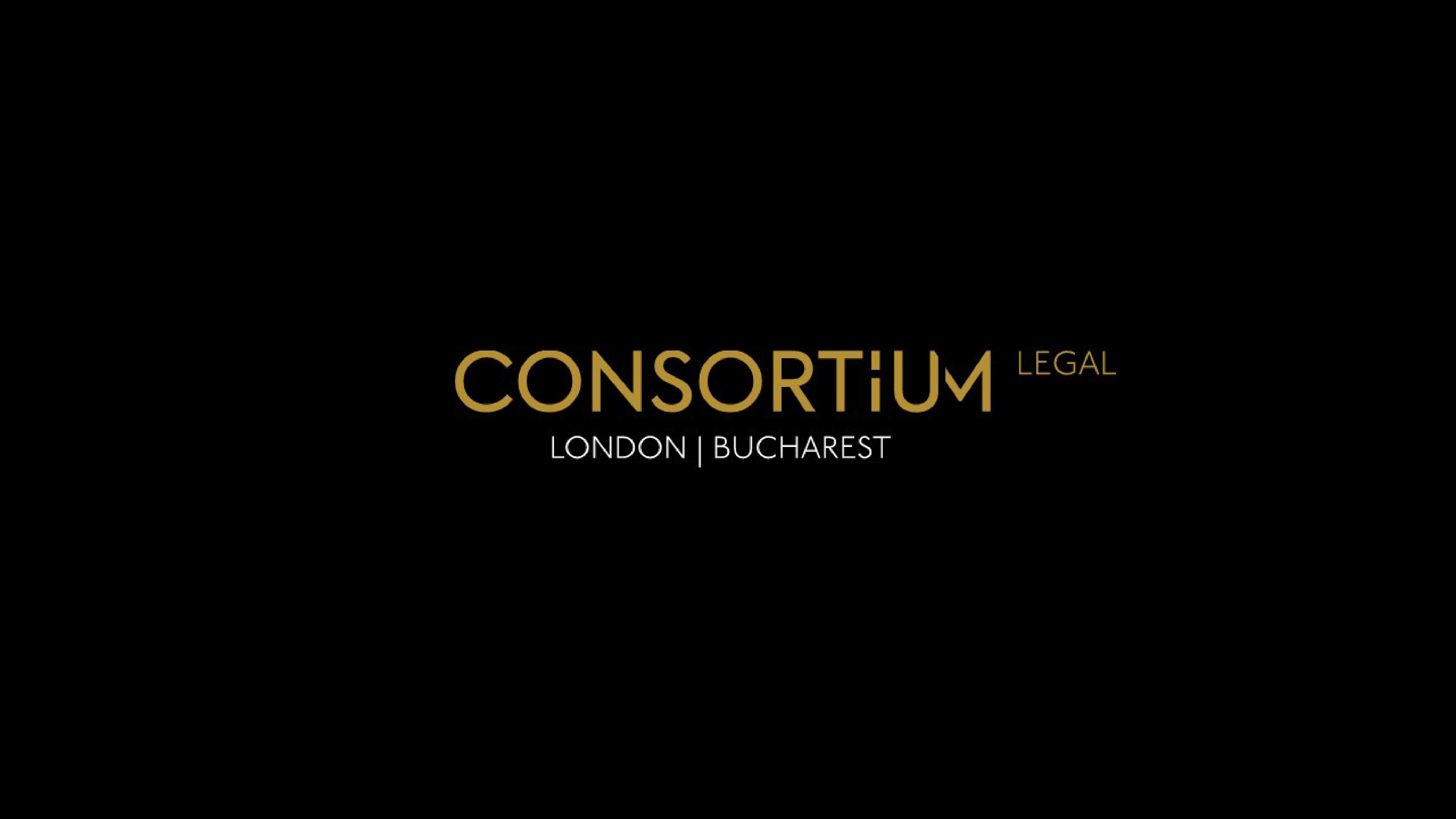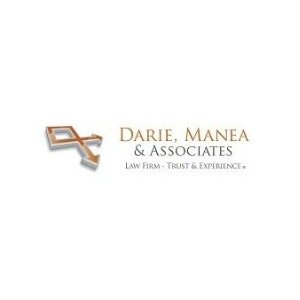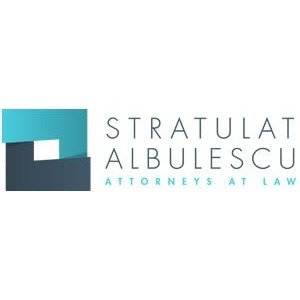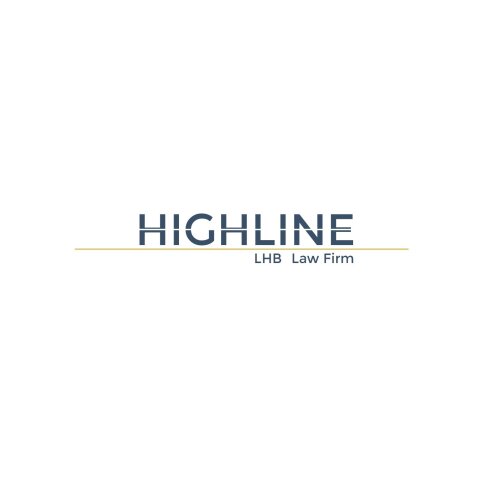Best Foreclosure Lawyers in Romania
Share your needs with us, get contacted by law firms.
Free. Takes 2 min.
Free Guide to Hiring a Real Estate Lawyer
Or refine your search by selecting a city:
List of the best lawyers in Romania
About Foreclosure Law in Romania
Foreclosure in Romania is a legal process where a lender attempts to recover the balance of a loan from a borrower who has stopped making payments. This typically involves the lender taking possession of and selling the mortgaged property used as collateral for the loan. Romania's foreclosure process is governed by national laws, particularly the Civil Procedure Code and the relevant banking and real estate regulations. These laws aim to protect the rights of both lenders and borrowers, ensuring a legal framework for resolving situations involving mortgage defaults.
Why You May Need a Lawyer
There are several situations where individuals involved in foreclosure may require legal assistance:
- Understanding Legal Rights: Borrowers may need advice on their rights and responsibilities during foreclosure to make informed decisions.
- Negotiating with Lenders: A lawyer can help negotiate terms or seek an alternative resolution, such as refinancing or loan modification.
- Defending Against Foreclosure: In cases where the foreclosure is contested, legal representation is essential to defend against the lender's claims.
- Document Review: Lawyers can review all related paperwork to ensure that foreclosure procedures are followed correctly and all legal requirements are met.
- Court Representation: If the foreclosure goes to court, legal representation is crucial in presenting the case effectively.
Local Laws Overview
Key aspects of local laws relevant to foreclosure in Romania include:
- Right to Challenge: Borrowers have the right to contest foreclosure proceedings, provided they do so within the time limits specified by law.
- Procedural Rules: The Civil Procedure Code outlines specific procedures that must be followed, including notification and the availability of defenses against foreclosure claims.
- Auction Process: If foreclosure leads to a sale, properties are generally sold at public auctions. Regulations ensure these are conducted fairly, giving borrowers the right to be informed and participate.
- Redemption Period: Under certain conditions, borrowers may have the opportunity to redeem the property by paying off the debt before the sale is finalized.
- Consumer Protection Laws: Specific protections can apply to borrowers, particularly those considered consumers under Romanian law, to prevent abusive practices by lenders.
Frequently Asked Questions
What steps are involved in the foreclosure process in Romania?
The process typically includes notification of default, legal proceedings, judgment enforcement, and auctioning the property if necessary.
Can I stop a foreclosure once it has started?
It may be possible to stop foreclosure by negotiating with the lender, contesting the proceedings legally, or paying off the debt.
How long does a foreclosure process take in Romania?
The timeframe can vary but typically ranges from several months to over a year, depending on the complexity of the case and any contested issues.
Are there any alternatives to foreclosure?
Yes, alternatives can include loan modification, short sale, deed in lieu of foreclosure, or refinancing.
What happens if the property doesn't sell at auction?
If the property does not sell, the lender may acquire the property or attempt another auction. Borrowers should discuss potential outcomes with a legal advisor.
What rights do I have as a borrower facing foreclosure?
Borrowers have the right to be informed, contest the foreclosure, and potentially redeem the property, among other protections.
Does bankruptcy affect foreclosure proceedings?
Filing for bankruptcy may temporarily halt foreclosure, but it's crucial to consult with a legal expert to understand the implications.
What costs are associated with foreclosure?
Costs can include legal fees, court costs, and any owed deficiencies after the sale of the property. It's important to seek legal guidance to understand these potential expenses.
Can I rent the property during foreclosure proceedings?
Renting may be possible, but this depends on specific legal agreements and conditions set forth by the lender.
How do I find a competent lawyer for foreclosure issues?
Seek referrals from trusted sources, check local bar associations, or consult resources offered by legal aid organizations to find a qualified lawyer.
Additional Resources
For further assistance, consider the following resources:
- Romanian Bar Association: Can provide referrals to qualified lawyers specializing in foreclosure.
- National Bank of Romania: Offers insights and resources for borrowers dealing with mortgage issues.
- Consumer Protection Authority: Provides support for individuals encountering unfair practices in foreclosure scenarios.
- Legal Aid Offices: May offer pro bono or reduced fee services for those unable to afford legal assistance.
Next Steps
If you need legal assistance regarding foreclosure in Romania, consider the following steps:
- Assessment: Evaluate your situation and gather all relevant documentation regarding your mortgage and communications with your lender.
- Consultation: Seek a legal consultation with a lawyer specialized in Romanian foreclosure law to discuss your options and rights.
- Representation: Should you decide to contest the foreclosure or negotiate terms, engaging a lawyer for representation is crucial.
- Review Options: Consider all available options, including alternative resolutions, and decide on the best course of action with your lawyer's guidance.
- Follow-Up: Stay informed and proactive throughout the process, keeping open communication with your legal representative to address any questions or concerns.
Lawzana helps you find the best lawyers and law firms in Romania through a curated and pre-screened list of qualified legal professionals. Our platform offers rankings and detailed profiles of attorneys and law firms, allowing you to compare based on practice areas, including Foreclosure, experience, and client feedback.
Each profile includes a description of the firm's areas of practice, client reviews, team members and partners, year of establishment, spoken languages, office locations, contact information, social media presence, and any published articles or resources. Most firms on our platform speak English and are experienced in both local and international legal matters.
Get a quote from top-rated law firms in Romania — quickly, securely, and without unnecessary hassle.
Disclaimer:
The information provided on this page is for general informational purposes only and does not constitute legal advice. While we strive to ensure the accuracy and relevance of the content, legal information may change over time, and interpretations of the law can vary. You should always consult with a qualified legal professional for advice specific to your situation.
We disclaim all liability for actions taken or not taken based on the content of this page. If you believe any information is incorrect or outdated, please contact us, and we will review and update it where appropriate.
Browse foreclosure law firms by city in Romania
Refine your search by selecting a city.

















